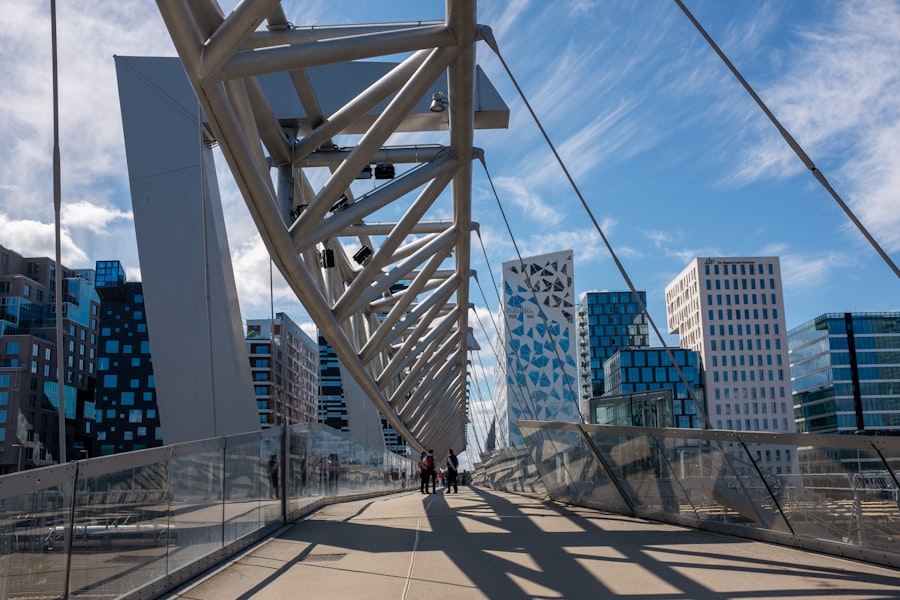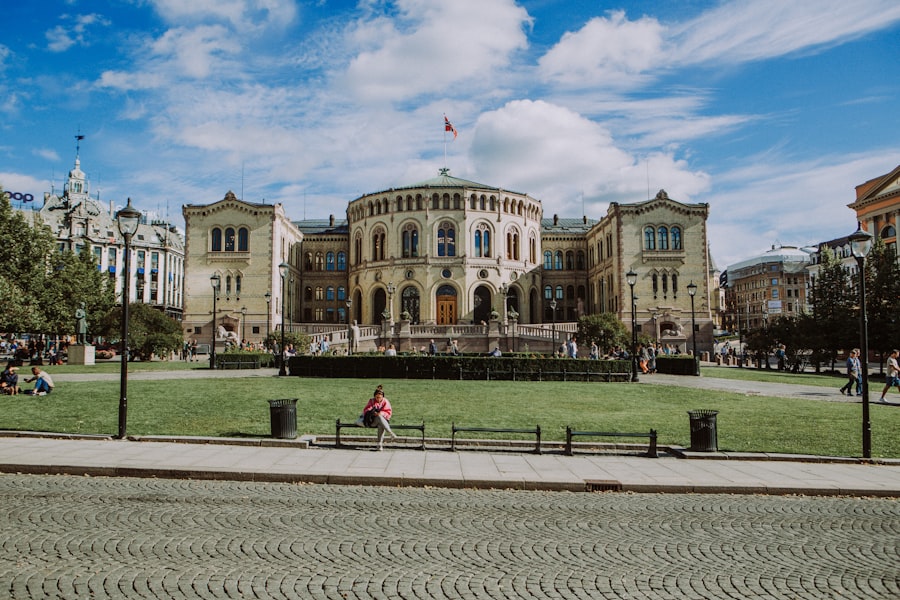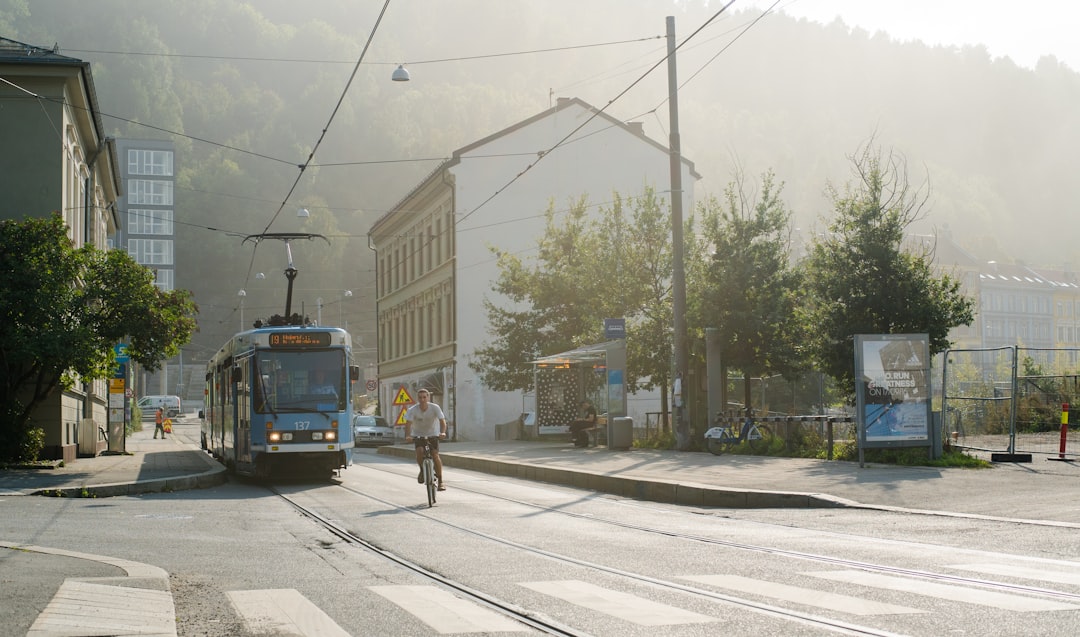In Norway, after-school activities play a pivotal role in the holistic development of children. These activities extend beyond the confines of traditional education, providing children with opportunities to explore their interests, develop new skills, and foster social connections. The Norwegian education system places a strong emphasis on the importance of a well-rounded upbringing, and after-school programmes are integral to this philosophy.
They not only complement academic learning but also encourage children to engage in physical, mental, and social pursuits that contribute to their overall growth. The landscape of after-school activities in Norway is diverse and vibrant, reflecting the country’s rich cultural heritage and modern influences. From traditional sports and crafts to contemporary clubs and technology-based initiatives, there is something for every child.
This article delves into the various facets of after-school activities in Norway, exploring their significance, types, and the benefits they offer to children as they navigate their formative years. Take the first step. Book a consultation with the Norway Relocation Group for your move to Norway.
Summary
- After-school activities in Norway play a significant role in the development of children, offering a range of options for physical, mental, social, and cultural enrichment.
- Traditional Norwegian after-school activities include outdoor pursuits such as skiing, skating, and hiking, reflecting the country’s strong connection to nature and the outdoors.
- Modern after-school activities in Norway encompass a wide variety of options, including music, dance, art, and technology, catering to the diverse interests of today’s children.
- After-school activities are important for children’s development, providing opportunities for skill-building, confidence-boosting, and social interaction outside of the classroom.
- Popular after-school activities in Norway include football, handball, music lessons, and scouting, offering children a chance to explore their interests and talents in a supportive environment.
Traditional Norwegian After-School Activities
Traditional after-school activities in Norway often draw inspiration from the country’s rich cultural heritage and natural surroundings. One of the most popular activities is friluftsliv, which translates to “open-air living.” This concept encourages children to engage with nature through hiking, camping, and outdoor sports. Many schools organise excursions that allow students to explore Norway’s stunning landscapes, fostering a deep appreciation for the environment while promoting physical fitness.
In addition to outdoor pursuits, traditional crafts such as knitting, woodwork, and pottery are also prevalent. These activities not only teach children valuable skills but also connect them with Norway’s artisanal history. Many after-school programmes incorporate these crafts into their curriculum, allowing children to express their creativity while learning about their cultural roots.
Such activities instil a sense of pride in their heritage and encourage a hands-on approach to learning.
Modern After-School Activities in Norway

As society evolves, so too do the after-school activities available to children in Norway. Modern programmes often incorporate technology and contemporary interests, catering to the diverse needs of today’s youth. Robotics clubs, coding workshops, and digital media classes have gained popularity, providing children with essential skills for the future job market.
These activities not only enhance technical abilities but also encourage problem-solving and critical thinking. Moreover, modern after-school activities often focus on inclusivity and diversity. Many programmes are designed to cater to children from various backgrounds, ensuring that everyone has the opportunity to participate.
This inclusivity fosters a sense of community among participants and helps children develop empathy and understanding towards others. By embracing both traditional and modern activities, Norwegian after-school programmes create a balanced environment that nurtures all aspects of a child’s development.
Importance of After-School Activities for Children
The significance of after-school activities cannot be overstated; they play a crucial role in shaping a child’s character and future. Engaging in these activities allows children to explore their interests outside the academic realm, helping them discover their passions and talents. This exploration is vital for personal development, as it encourages self-discovery and boosts confidence.
Furthermore, after-school activities provide essential socialisation opportunities. Children learn to work collaboratively with peers, develop communication skills, and build lasting friendships. These interactions are fundamental for emotional development, as they teach children how to navigate relationships and resolve conflicts.
In essence, after-school activities serve as a microcosm of society, preparing children for the complexities of adult life.
Popular After-School Activities in Norway
In Norway, a plethora of after-school activities cater to various interests and age groups. Sports remain a cornerstone of many programmes, with football, handball, and skiing being particularly popular. These activities not only promote physical health but also instil values such as teamwork and perseverance.
Cultural activities also hold significant importance in Norwegian after-school programmes. Music classes, dance lessons, and theatre groups allow children to explore their artistic sides while learning about cultural expressions unique to Norway. Additionally, language clubs that focus on Norwegian dialects or even foreign languages are gaining traction, reflecting the country’s commitment to fostering multilingualism among its youth.
How to Choose the Right After-School Activity for Your Child

Selecting the right after-school activity for a child can be a daunting task for parents. It is essential to consider the child’s interests, strengths, and personality when making this decision. Engaging in open conversations with children about what they enjoy can provide valuable insights into their preferences.
Parents should encourage their children to try out different activities before committing to one, as this exploration can lead to unexpected discoveries. Moreover, it is crucial to strike a balance between structured activities and free time. While after-school programmes offer numerous benefits, over-scheduling can lead to stress and burnout.
Parents should ensure that their child has enough downtime to relax and pursue personal interests outside of organised activities. Ultimately, the goal is to find an activity that resonates with the child while promoting their overall well-being.
After-School Activities for Physical Development
Physical development is one of the primary benefits of after-school activities. Engaging in sports or outdoor pursuits helps children build strength, coordination, and endurance. In Norway, where outdoor activities are highly valued, many after-school programmes incorporate skiing, hiking, or cycling into their offerings.
These activities not only promote physical fitness but also encourage children to appreciate nature and develop a lifelong love for outdoor adventures. Additionally, team sports such as football or handball foster cooperation and teamwork among participants. Children learn how to work together towards a common goal while developing essential motor skills.
The physical challenges presented by these sports also teach resilience; children learn how to cope with setbacks and celebrate successes together as a team.
After-School Activities for Mental Development
Mental development is equally important in a child’s growth journey, and after-school activities can significantly contribute to this aspect. Activities such as chess clubs or science fairs stimulate critical thinking and problem-solving skills. These intellectually engaging pursuits encourage children to think creatively and analytically while fostering a sense of curiosity about the world around them.
Moreover, arts-based activities such as painting or drama classes enhance cognitive abilities by encouraging self-expression and imagination. Children learn how to articulate their thoughts and feelings through various mediums while developing their emotional intelligence. Such mental stimulation is crucial for academic success and personal growth.
After-School Activities for Social Development
Social development is another vital component of after-school activities. Participating in group activities allows children to interact with peers from diverse backgrounds, helping them develop essential social skills such as empathy, communication, and conflict resolution. Team sports are particularly effective in this regard; they teach children how to collaborate effectively while navigating different personalities.
Furthermore, after-school clubs often create a sense of belonging among participants. Children who engage in shared interests form bonds that can last a lifetime. These friendships provide emotional support during challenging times and contribute positively to a child’s self-esteem.
The social skills acquired through these interactions are invaluable as children transition into adulthood.
After-School Activities for Cultural Enrichment
Cultural enrichment is an essential aspect of after-school activities in Norway. Many programmes focus on celebrating Norwegian traditions through music, dance, and art classes that expose children to their cultural heritage. This engagement fosters pride in their identity while encouraging an appreciation for diversity within their communities.
Additionally, language clubs that teach Norwegian dialects or foreign languages promote cultural understanding among participants. Learning about different cultures broadens children’s perspectives and prepares them for an increasingly globalised world. By participating in culturally enriching activities, children develop respect for others while enhancing their own cultural literacy.
Making the Most of After-School Activities in Norway
In conclusion, after-school activities in Norway offer invaluable opportunities for children’s growth across multiple dimensions—physical, mental, social, and cultural. The diverse range of traditional and modern programmes ensures that every child can find an activity that resonates with them while fostering essential life skills. As parents navigate the myriad options available, it is crucial to prioritise their child’s interests and well-being when selecting an activity.
By encouraging exploration and maintaining a healthy balance between structured engagements and free time, parents can help their children make the most of these enriching experiences. For those looking to immerse themselves further into Norwegian culture or language while engaging in after-school activities, the NLS Norwegian Language School in Oslo offers exceptional courses tailored for all ages and proficiency levels. With expert instructors guiding students through language acquisition alongside cultural insights, NLS provides an ideal environment for both learning and personal growth—making it an excellent choice for families seeking comprehensive educational experiences in Norway.
Learn more about the Norwegian classes at the NLS Norwegian Language School in Oslo

